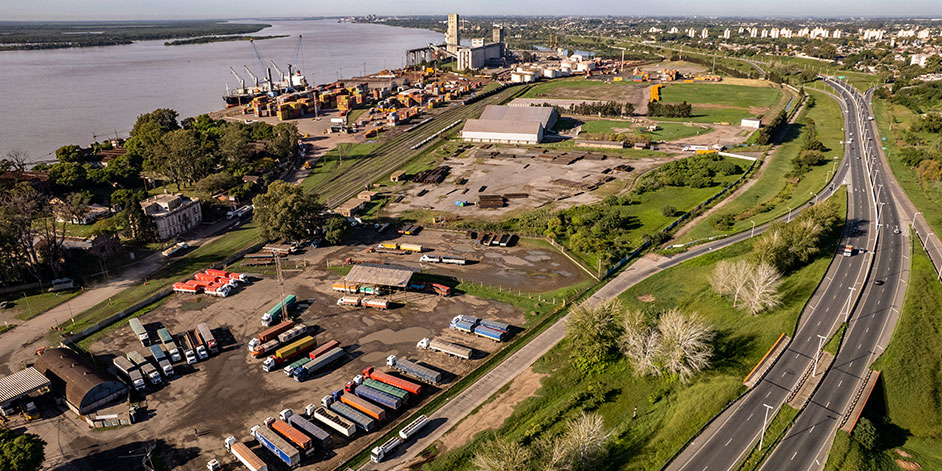The impact of Argentina's foreign trade restrictions: Loss of Competitiveness and Opportunity
Exports play a key role in a country’s economic growth, generating foreign exchange earnings and stimulating job creation. The higher the value added in exports, the greater the associated benefits. Including services such as freight, insurance or international logistics in the export offer increases the chances of making sales abroad, as potential buyers perceive that all these aspects are included, and do not have to worry about finding logistics service providers in Argentina to ensure the timely delivery of the goods.
In Argentina, however, they seems to be unaware of these basic concepts of internationalization, which encourage a shift from an attitude of «FOB» (Free On Board) delivery, where the exporter is only responsible for delivering the goods to the Argentine port and the buyer must take care of the logistics to collect them up, to adopting an attitude of greater service, where the exporter takes responsibility for contracting the logistics to bring the goods to the buyer’s country, using terms such as CFR, CPT, CIF, CIP, DAP, among others. Through COM A 7746, the Central Bank of Argentina (BCRA) has restricted the overseas payments that ocean carriers can make, requiring them to obtain a license called SIRASE, which must be approved by several agencies before they can transfer foreign exchange. Even after obtaining such a license, carriers can only transfer money after 90 days. In response to this measure, carriers stopped collecting their freight in Argentina and began to carry only cargoes for which the freight was payable abroad.
This restriction initially led to increased costs in foreign trade, as freight forwarders had to contract freight through their agents at origin or destination, often at higher rates and subject to exchange rate fluctuations between the time of collection and delivery abroad. Added to this were the costs of bank charges. This was compounded by the cost of bank fees for processing payments and the typical delays in international transfers from Argentina. Subsequently, with COM A 7771 of 18/05, the BCRA also restricted payments abroad by freight forwarders, making foreign trade virtually unviable. Exporters and importers could only continue to operate if their customers and/or suppliers abroad were willing to contract and pay freight. This forced exporters to revert to offering FOB terms, as had been the case in the 1940s.
These two measures have prevented Argentine exporters from value-added services, such as freight, to their products. This not only puts exporters at a disadvantage vis-à-vis other international suppliers who can offer these services, but also prevents foreign exchange earnings from freight. In addition to these disadvantages, the inability to include freight in the value of the product, deprives the exporter of full control over international logistics and the ability to negotiate favorable rates with carriers.
As a result, Argentine foreign trade has lost the momentum and dynamism it had developed over decades. Now, international customers and suppliers must not only contract for freight to or from Argentina, but also bear the cost and take care of the logistical coordination. They also must deal with the arbitrary problems that often arise in Argentina, such as unexpected changes in ship calls at certain ports, which entail additional costs if goods have been rerouted to other points of departure. As a result, many importers prefer to buy from other countries with fewer complications.
It is true that Argentina is facing a shortage of foreign currency, but the great contradiction is that exports, which are the main source of real income, are being restricted. On the other hand, government officials justify the restrictions on foreign payments abroad by citing irregularities on the part of companies that are allegedly evading foreign currency to make additional profits through exchange rate differences. However, these exchange rate differences are the result of the monetary policy implemented by the State itself, where different exchange rates coexist according to needs (MEP, CCL, tourist, card, official, etc.).
However, the most serious problem facing the current government is the lack of technical capacity to detect these irregularities in time and to take appropriate measures against those who break the rules. Faced with this inability, it has opted to impose general restrictions on transport, measures that affect everyone, from large companies to micro-enterprises, and paralyze foreign trade, which is an important source of employment and resource generation of resources for the country.

